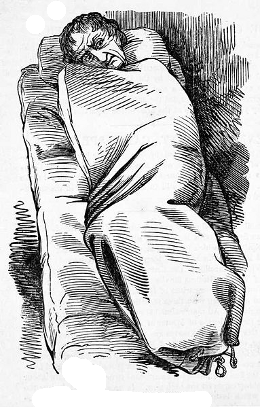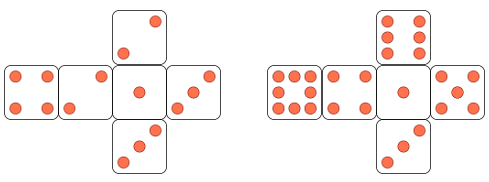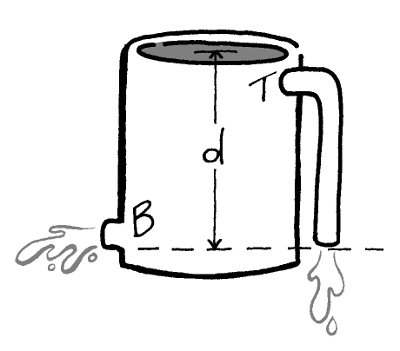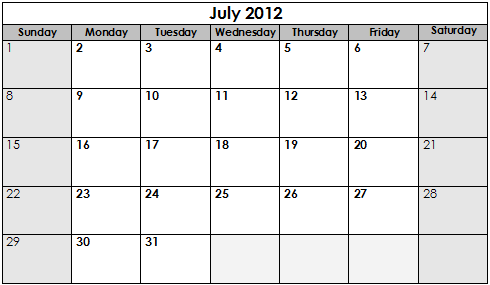The Man who thought about Proteids sat by the roadside, writing with an indelible pencil in a little notebook. And Spring, all in pink and white, came tripping by, and cried to him: ‘I will dance for you! Watch me dance!’ She danced very prettily, but the Man went on writing, and never looked at her once. So Spring, being young, burst into tears, and told her sister, Summer.
Summer said to herself: ‘Spring is very foolish to cry. Probably he does not like dancing. I will sing to him.’ She sang a beautiful sleepy song to him, but he never listened, being busy writing in his little notebook. Summer was indignant, and told her sister, Autumn.
Autumn said: ‘There are many good men who do not like dancing. I will give him some of my wine.’ So she went to the Man and offered him her purple wine, but he merely said, ‘I do not drink wine,’ and resumed his writing. Then Autumn was very angry indeed, and told her big brother, Winter, all that had passed.
Winter was an enormous fellow, with a dreadful roar and howl, and every time he moved, snowflakes came whirling from his flowing robes. ‘Show me the fellow,’ he bellowed, puffing out his cheeks. Then he saw the Man who thought about Proteids, still sitting by the roadside.
‘Do you know me?’ roared Winter, and the Man looked and his teeth chattered like dead men’s bones.
Then Winter seized him by the neck and whirled him round and round, and finally flung him over his left shoulder into space.
And the Man who thought about Proteids has not been seen since, but, the other day, a boy found the little note-book lying by the roadside.
— J.B. Priestley, Brief Diversions, 1922







